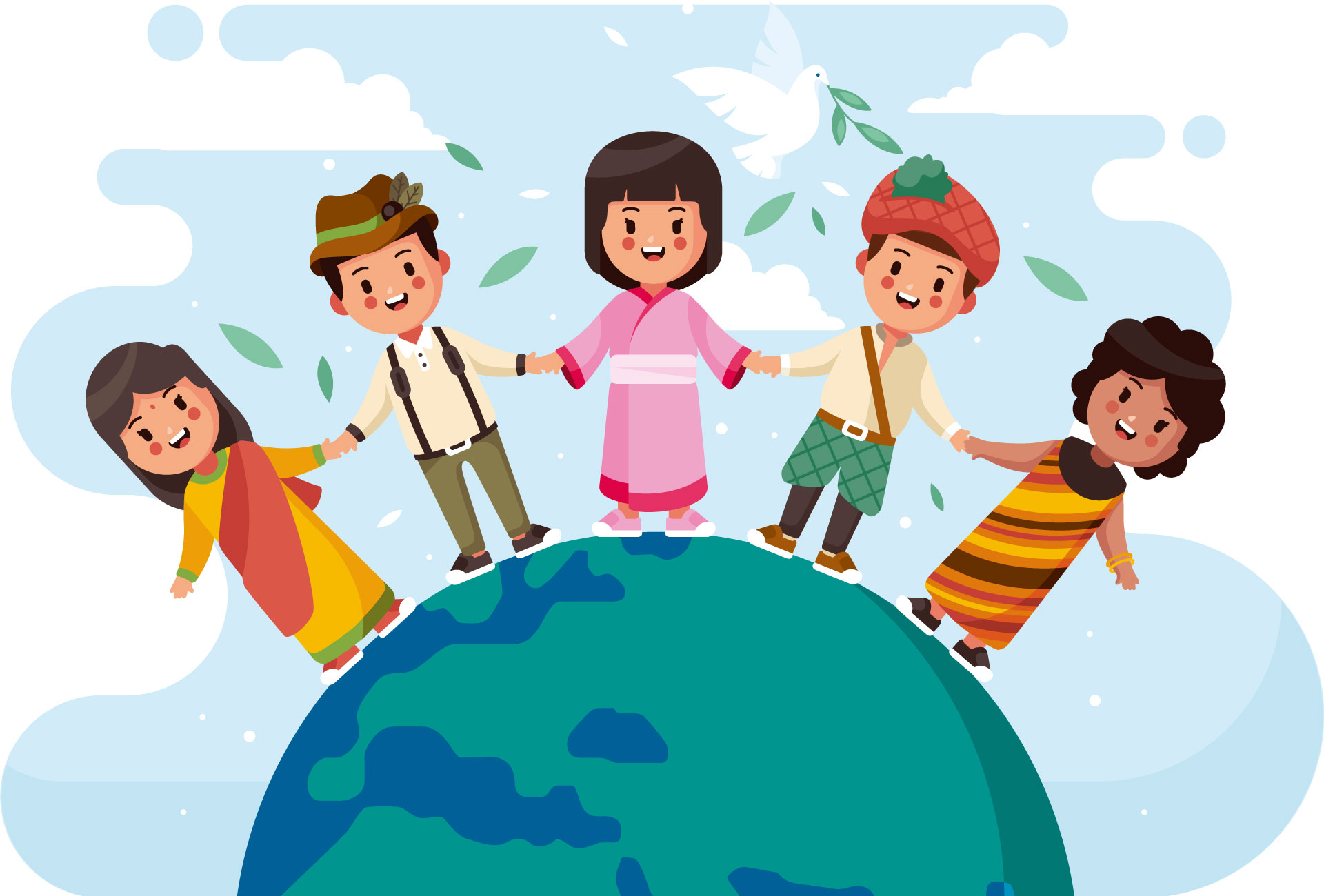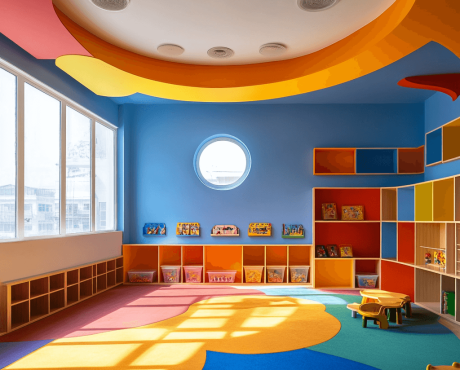
In today’s diverse and interconnected world, fostering cultural competence in early childhood education has become imperative. Cultural competence is the ability to interact effectively with people from different cultures and backgrounds, including understanding and respecting their values, beliefs, and traditions. This concept transcends beyond mere tolerance; it emphasises embracing diversity and creating inclusive environments. In the context of early childhood education, cultural competence plays a pivotal role in shaping the future of our society by promoting social cohesion, reducing prejudice, and ensuring that every child has the opportunity to thrive. In this blog, we will delve into the significance of cultural competence in education and provide valuable tips for educators on how to develop and incorporate it into their teaching practices.
Importance of Cultural Competence in Early Childhood Education
Fosters Inclusivity and Equity
Cultural competence is the cornerstone of creating inclusive and equitable learning environments. Children come from various cultural, linguistic, and socio-economic backgrounds, and educators must ensure that all students feel valued and included. By embracing cultural competence, educators can tailor their teaching methods to accommodate the unique needs and experiences of each child, ultimately promoting a sense of belonging among students.
Enhances Communication and Understanding
Effective communication is at the heart of successful teaching. Cultural competence enables educators to communicate more effectively with students and their families by understanding and respecting diverse communication styles and languages. When educators bridge the communication gap, they create an atmosphere of trust and openness, which is essential for a child’s cognitive and emotional development.
Encourages Critical Thinking and Empathy
Cultural competence encourages critical thinking and empathy in both educators and students. By exploring different perspectives, children develop a more profound understanding of the world around them. This understanding nurtures empathy, reduces stereotypes, and encourages students to appreciate the richness of diversity. Cultivating these qualities from an early age can help create a more harmonious and tolerant society in the future.
Strengthens Cognitive Development
Early childhood education is a critical period for cognitive development. Cultural competence encourages educators to incorporate diverse perspectives into their curriculum, exposing children to a wide range of ideas and experiences. This enriches their cognitive development by fostering curiosity, adaptability, and problem-solving skills.
Prepares Children for a Globalised World
In today’s globalized society, cultural competence is a fundamental skill for success. As children grow and enter the workforce, they will interact with individuals from various cultural backgrounds. Early exposure to cultural competence equips them with the tools needed to navigate a diverse and interconnected world successfully.
Tips for Educators on Developing Cultural Competence
Self-Reflection and Awareness
Cultural competence begins with self-awareness. Educators should take the time to reflect on their own cultural backgrounds, biases, and beliefs. Understanding your own perspectives and preconceptions is the first step toward cultivating cultural competence.
Continuous Learning
Cultural competence is not a destination but a journey. Educators should engage in continuous learning by seeking out resources, attending workshops, and staying informed about cultural developments and issues. This ongoing education will help educators stay relevant and responsive to changing cultural dynamics.
Build Relationships with Diverse Communities
Developing cultural competence involves building strong relationships with diverse communities. Reach out to students’ families and community members, and take an interest in their cultures and traditions. Building these connections will foster trust and open lines of communication.
Diverse Curriculum
Incorporate diverse perspectives and content into your curriculum. Include literature, art, and history from various cultures. This not only exposes children to different worldviews but also validates the experiences of students from underrepresented backgrounds.
Be Mindful of Language
Language is a powerful tool that can either promote inclusivity or perpetuate bias. Be mindful of the language you use in the classroom. Avoid stereotypes and derogatory terms, and encourage students to use respectful and inclusive language as well.
Celebrate Cultural Holidays and Traditions
Recognize and celebrate cultural holidays and traditions from various backgrounds. This not only shows respect for diverse cultures but also provides opportunities for learning and sharing among students.
Embrace Inclusive Teaching Strategies
Adapt your teaching strategies to accommodate diverse learning styles and needs. Some students may require additional support or alternative approaches to learning. Be flexible and open to different methods of instruction.
Address Bias and Stereotypes
Proactively address bias and stereotypes in the classroom. Use teachable moments to challenge stereotypes and encourage critical thinking. Create a safe space for students to discuss their experiences and feelings.
Promote Cross-Cultural Collaboration
Encourage collaboration among students from different cultural backgrounds. Group projects and activities that require students to work together can foster understanding and build friendships that transcend cultural boundaries.
Seek Feedback and Adapt
Lastly, seek feedback from students and their families. Ask for their input on ways to improve cultural competence in the classroom. Be open to feedback and adapt your teaching practices accordingly.
Cultural competence in early childhood education is not an option but a necessity. It empowers educators to create inclusive and equitable learning environments that nurture the cognitive, emotional, and social development of all children. By fostering inclusivity, enhancing communication, and promoting critical thinking and empathy, cultural competence prepares children for success in a globalized world. Educators play a pivotal role in this process by engaging in self-reflection, continuous learning, and building strong relationships with diverse communities. By following these tips and committing to the journey of cultural competence, educators can shape a brighter and more inclusive future for the next generation.
Communication is key!
We’d love to hear from you!!
Related posts

- October 18, 2023
- 11:46 am
Importance of Preschool Management Systems in Early Childhood Education Introduction

- October 10, 2023
- 7:00 am
Differentiated Learning Strategies for Classroom

- October 4, 2023
- 3:34 am
